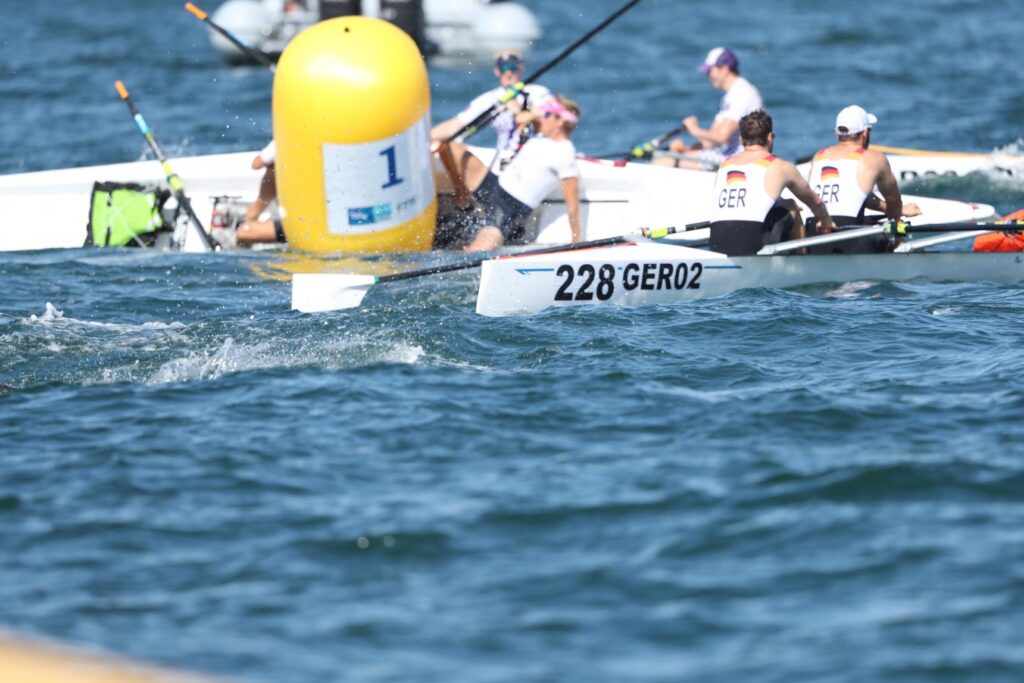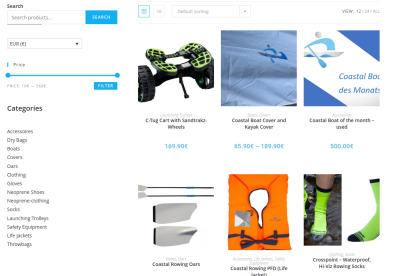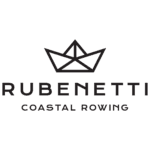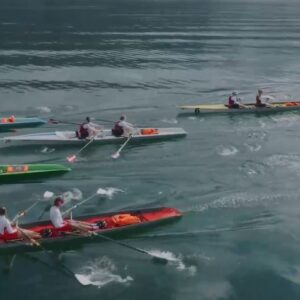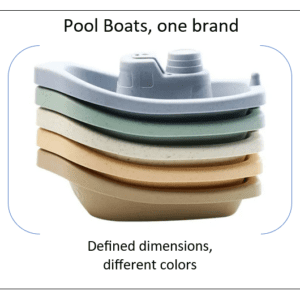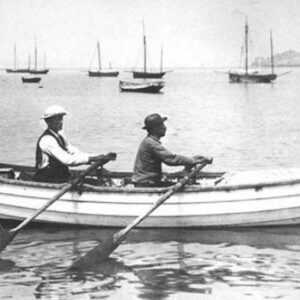We have updated this post recently. After participating to many this summer, this question came up again: Are Coastal Rowers friendly? We still confirm our previous answer. Yes, Coastal Rowers are friendly (at least most of them) when you meet them before or after the race. However, you might have to repeat the question and reconsider your answer as soon as the boat hits the water and the waves. I have seen boat accidents where crews have damaged competitors and own boats and materials. I have also seen collisions caused by wrong steering and purposely colliding with rowing mates. Let’s have closer look!
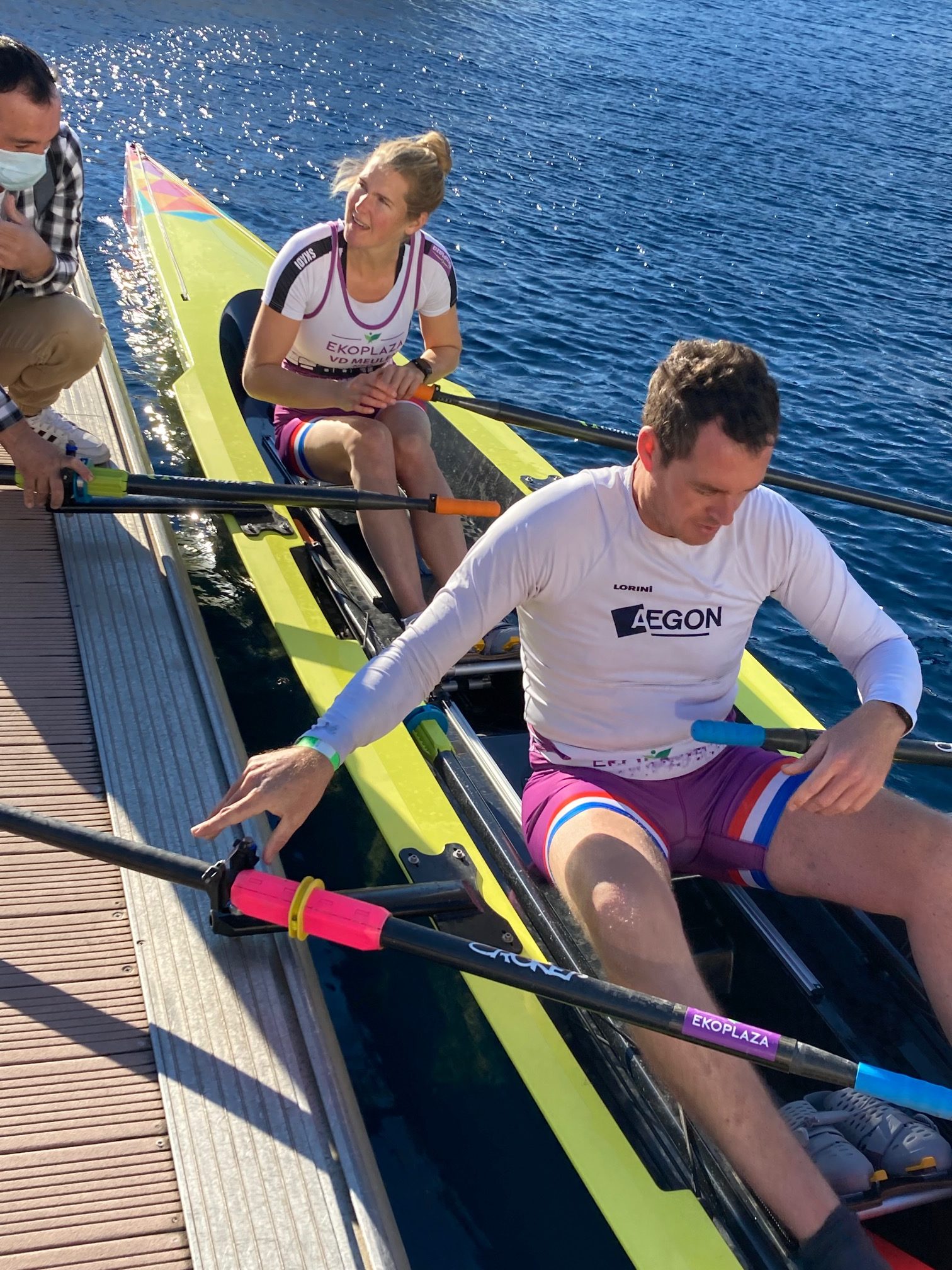
The start
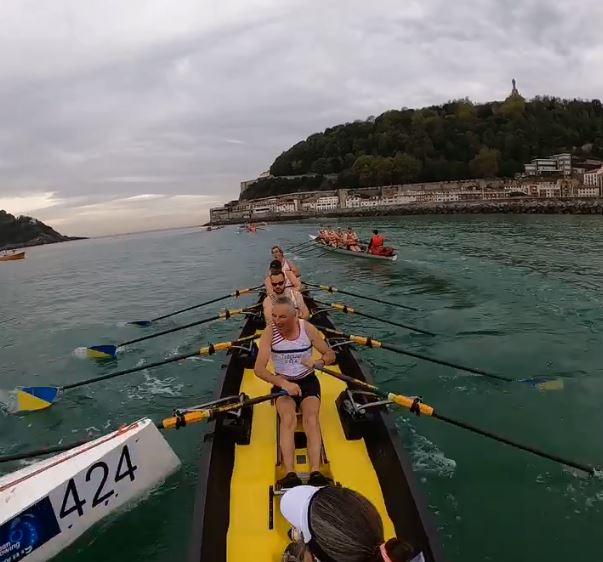
Each boat seeks the best position for the start. The strategy can differ between the different crews. Some stay on the starting line and start when the signal sounds. Others are 30-40 m behind the starting line and start before the starting gun shoots. The aim: Get across the starting line already at full speed. Is this always a good idea? Is the starting line clearly marked? This is not always the case. The starting position is a contested area where kindness and politeness don’t apply. Boats are moved, oars get caught and yes, you can even crash into other boats.
The first buoy
Once the boats have started, the first 1000 m are sprinted, with whatever water and muscles allow. Everyone wants to be the first at the buoy. However, everyone has a different turning technique. Take a wide anckle? Stop and turn at the buoy? Row towards the buoy from the side and then pull over? Navigate the buoy and turn around it with a touch? There are many strategies. And thus a chaotic turmoil. Friendliness costs time and space. Friendliness can sometimes even lead to capsizing or breakage of an oar. This crew in the Co4X got hit by another crew at the turn. The consequence is shown in this FB Post from Sylvainb Mat: The oar of the stroke broke. wonderful: 5 K to go and only 7 working oars.
Capsizing is rare but can happen in a Single or in a Co2x. Have a look at the picture below. Furthermore, it can be frustrating when you can’t get quickly out of this turmoil and waste a lot of time.
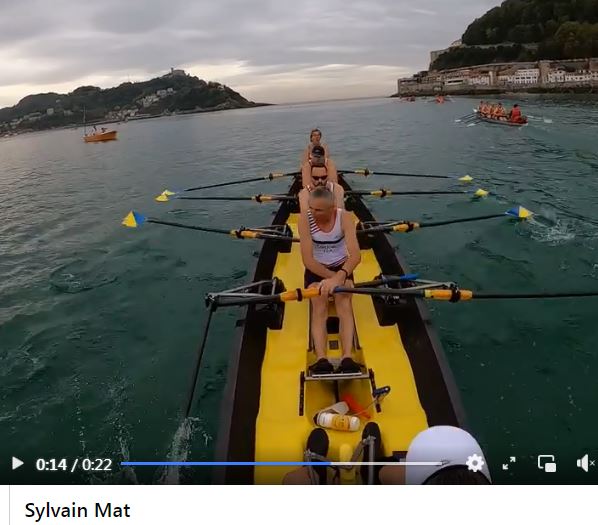
Preparation
Prepare yourself mentally for a strong competition. It’s not about friendliness or politeness. And above all: don’t be afraid (see our post). If possible you should even consider taking replacement material onboard, like an extra pair of oars. The team NED did well. And don’t get angry about your competitors. It’s important to find your place and assess the risk in each case. Can I capsize? Will I lose equipment? Always be realistic. Oars could break when touching each other. Oars and Oarlocks might break when you loose them and the waves are washing them below the boat. But a lot of things have to go wrong before an oar breaks or you capsize. Still: It’s good to be aware of it. In general, you can answer our somewhat provocative question if Coastal rowers are friendly with a clear “yes” – if they are not in the boat or around the buoy!
Capsizing at the first buoy. Credit: Stuttgarter Rudergesellschaft
